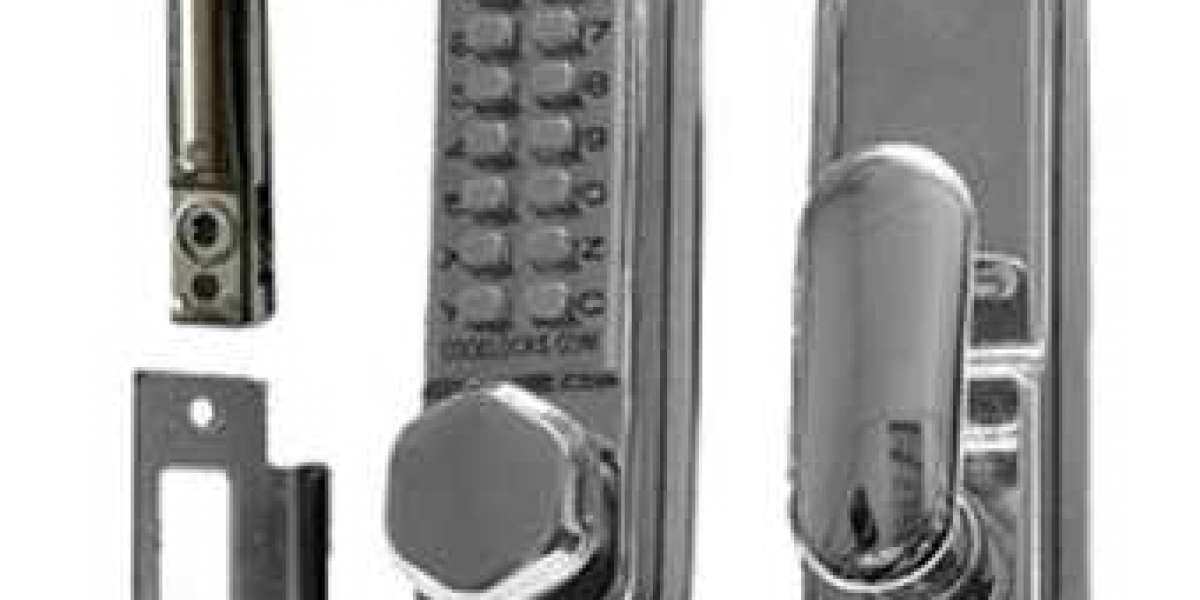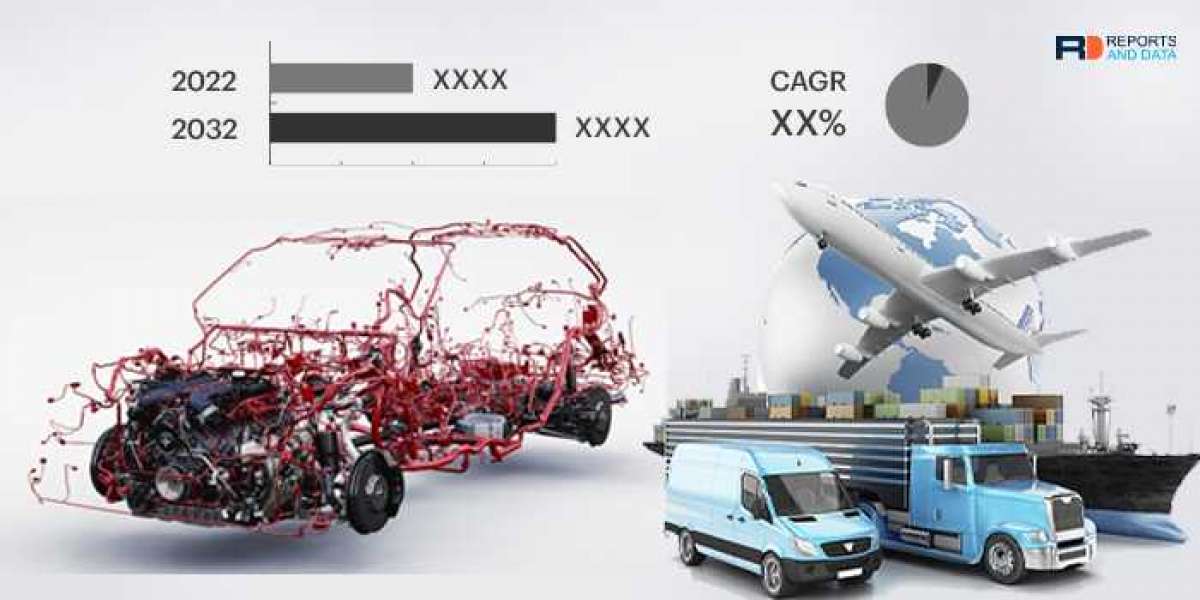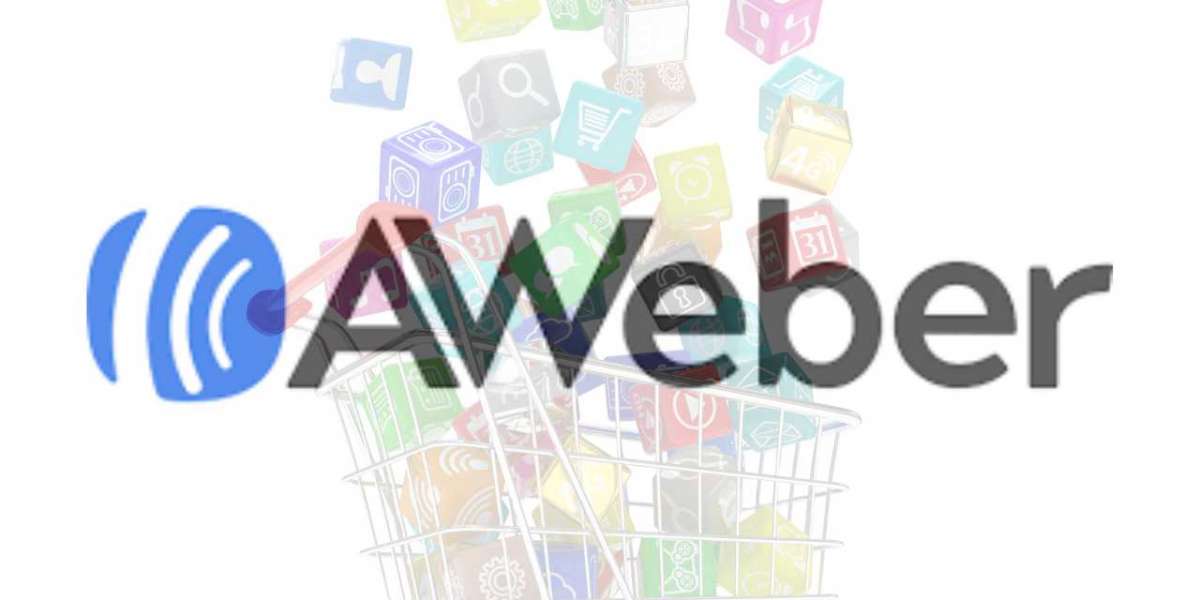Door lock have been an essential part of human civilization for centuries, serving as the first line of defense for our homes and properties. From the rudimentary wooden bars used in ancient civilizations to the sophisticated electronic systems of today, the evolution of door locks reflects not only advancements in technology but also the changing needs and priorities of society.
Ancient Locks:
The history of door locks can be traced back to ancient civilizations such as Egypt, Mesopotamia, and China. In these early societies, simple wooden or metal mechanisms were used to secure doors. The earliest known lock dates back to around 4,000 years ago in ancient Egypt, where a wooden pin lock was discovered in the ruins of the palace of Khorsabad.
Medieval Europe saw the development of more complex locking mechanisms, including the introduction of key-operated locks. These locks typically consisted of a series of pins or wards that would align when the correct key was inserted, allowing the lock to be opened.
Industrial Revolution and Mass Production:
The Industrial Revolution brought significant advancements in manufacturing techniques, leading to the mass production of door locks. This period saw the introduction of standardized lock designs and the use of materials such as brass and steel, which greatly improved the durability and security of locks.
One notable invention of this era was the cylindrical pin tumbler lock, patented by Linus Yale Sr. in 1848. This design laid the foundation for many modern lock systems and is still widely used today.
Electronic Revolution:
The latter half of the 20th century brought about a revolution in door lock technology with the advent of electronic locks. These locks utilize electronic components such as keypads, keycards, and biometric scanners to control access to buildings and rooms.
Electronic locks offer several advantages over traditional mechanical locks, including increased convenience, enhanced security features, and the ability to integrate with other smart home devices. For example, homeowners can remotely control and monitor electronic locks using smartphone apps, providing added peace of mind and flexibility.
Smart Locks and Connectivity:
In recent years, smart locks have emerged as the next frontier in door lock technology. These locks can be connected to the internet, allowing for remote access and control via smartphone apps or virtual assistants like Amazon Alexa and Google Assistant.
Smart locks offer features such as personalized access codes, activity logs, and integration with home security systems. They also provide enhanced security through features like two-factor authentication and encryption.
Future Trends:
Looking ahead, the future of door locks is likely to be shaped by advancements in biometrics, artificial intelligence, and connectivity. We can expect to see more sophisticated biometric authentication methods, such as facial recognition and fingerprint scanning, becoming commonplace in door lock systems.
Furthermore, advancements in AI technology may enable door knobs to learn and adapt to user behavior, enhancing security while maintaining convenience. Connectivity with other smart devices and systems will also continue to play a significant role, enabling seamless integration and automation within the broader smart home ecosystem.
Conclusion:
From humble beginnings as simple wooden bars to the high-tech security systems of today, the evolution of door locks reflects humanity's ongoing quest for safety and convenience. As technology continues to advance, door locks will undoubtedly continue to evolve, providing ever-greater levels of security, accessibility, and peace of mind for homeowners and businesses alike.








